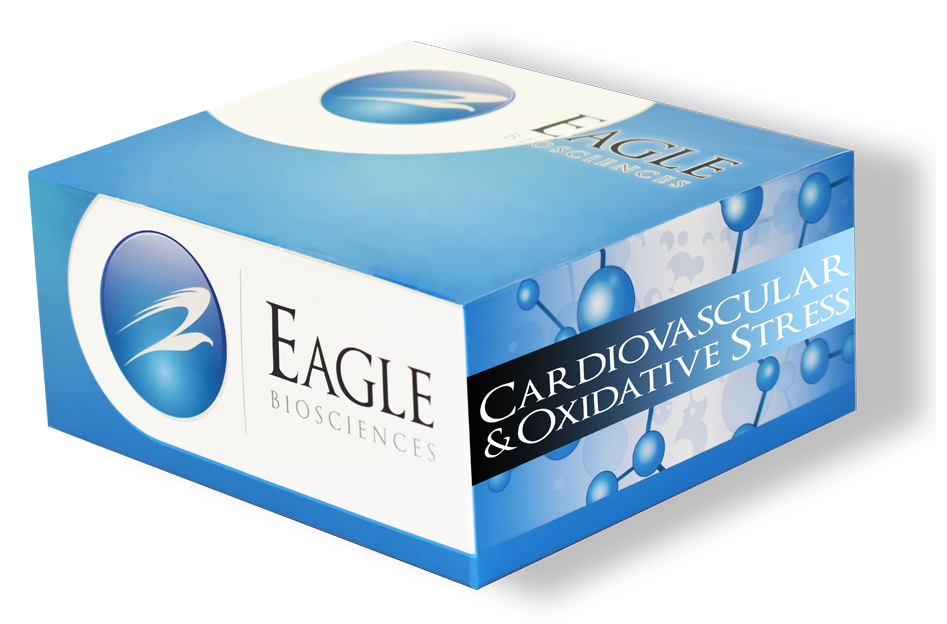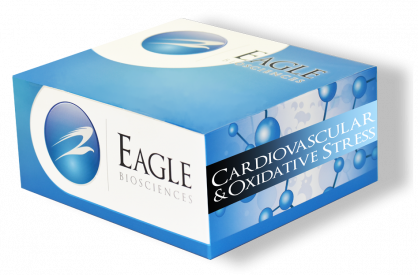Anti-ETA IgG3 Antibody ELISA
The Anti-ETA IgG3 Antibody ELISA is For Research Use Only
Size: 1×96 wells
Sensitivity:2.5 U/ml
Dynamic Range: 2.5 – 40 U/ml
Incubation Time: 3.5 hours
Sample Type: Serum, Plasma
Sample Size: 100 µL
Alternative Name: Anti Endothelin Receptor A IgG3 Antibody ELISA Assay Kit
Control Included
Sample Preparation and Storage
Dilute the samples with diluent using 1:100 dilution (eg. 5 µl serum or plasma + 495 µl diluent). If samples generate values outside the standard curve, the dilution factor may be quite varied. Store the undiluted samples at room temperature for 48 hours, 2-8°C 4-days, and long-term storage for up to 12 months at –20 °C. avoid repeated freeze-thaw cycles.
Assay Background
Endothelins (ET) are 21-amino acid vasoconstricting peptides produced primarily in the endothelium having a key role in vascular homeostasis. It mediates the effects through G-Protein-coupled receptors, the Endothelin receptors. There are two key receptor types, ETA and ETB. ETA receptors are found in the smooth muscle tissue of blood vessels where they increase vasoconstriction by ET-1.
The Eagle Biosciences Human Anti Endothelin Receptor A IgG3 Antibody ELISA Assay Kit is designed for the determination of antibodies (IgG3) against the Endothelin receptor subtype A in serum and plasma.
Related Products
Anti-ETA IgG1 Antibody ELISA
Anti Endothelin Receptor A IgG4 Antibody ELISA Assay Kit


